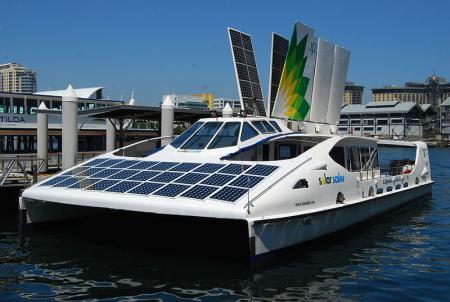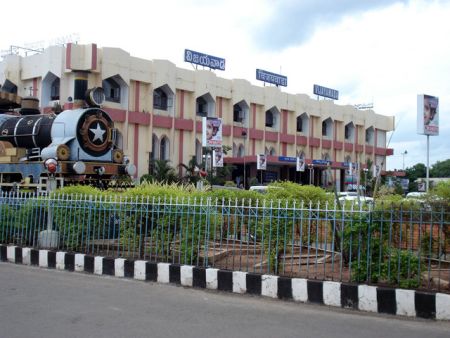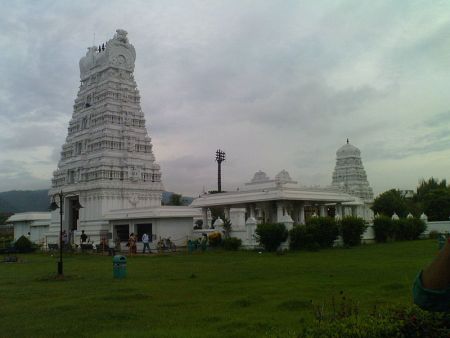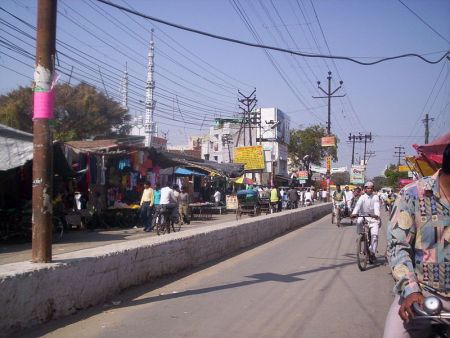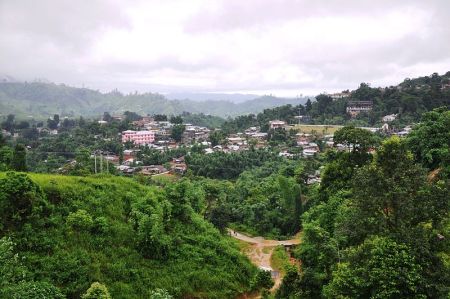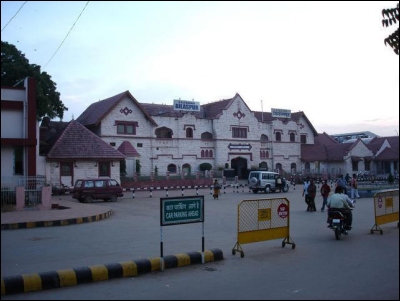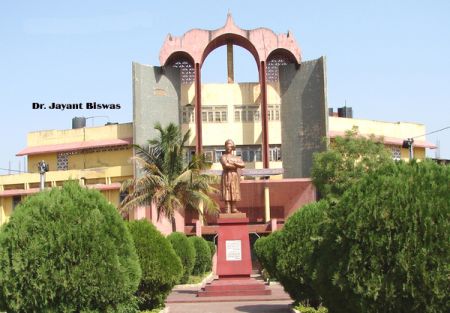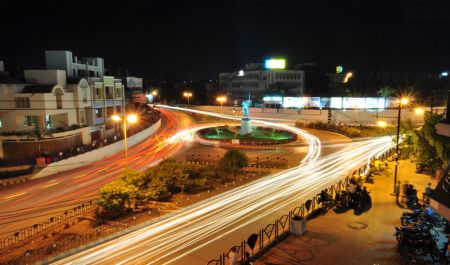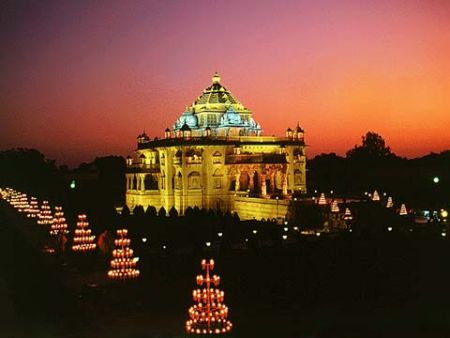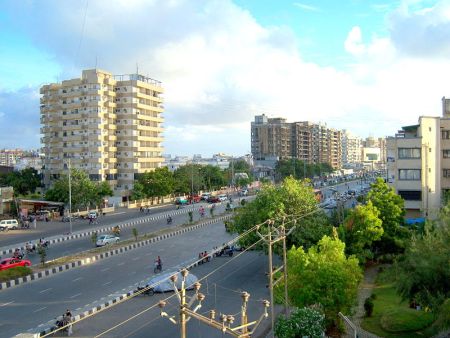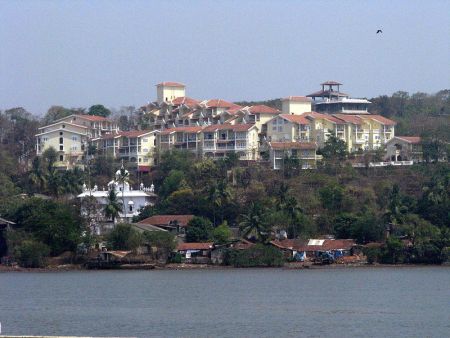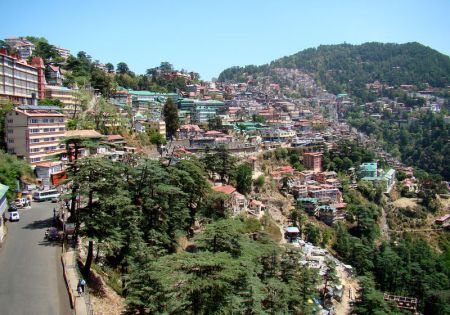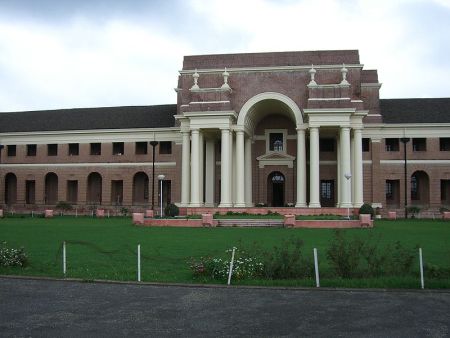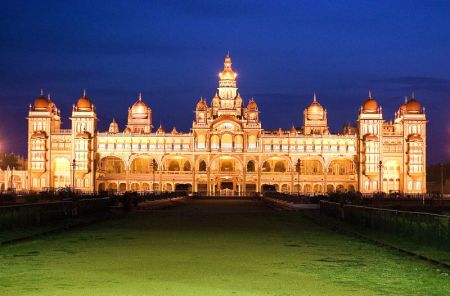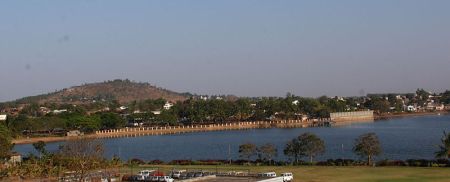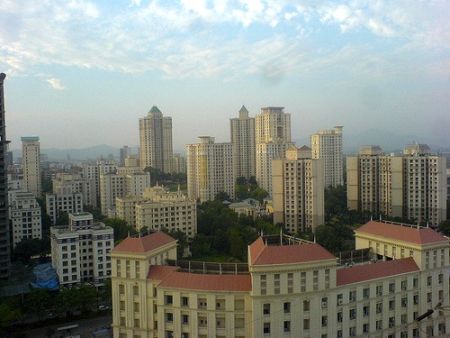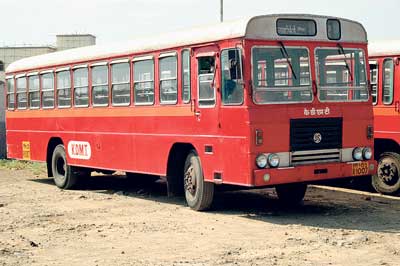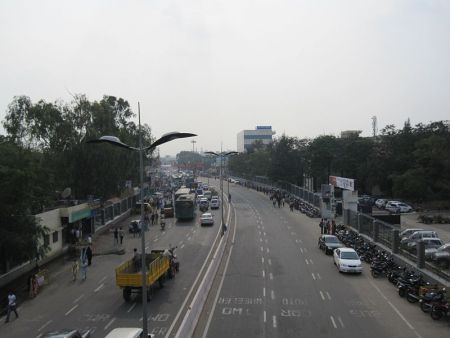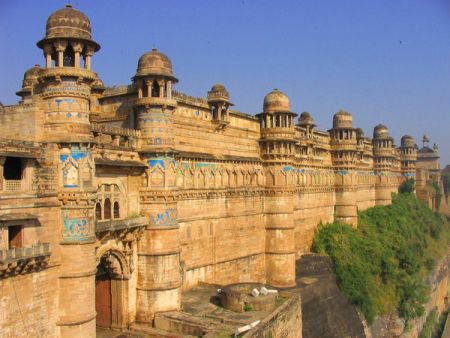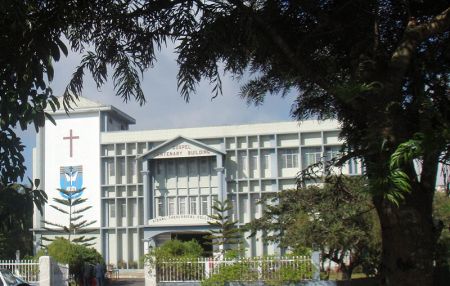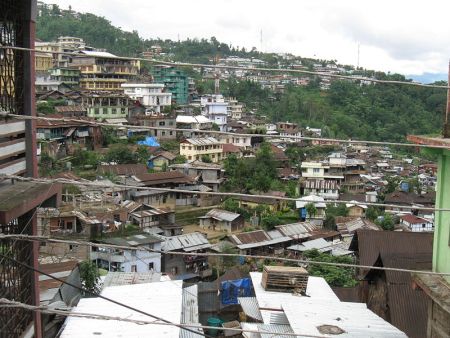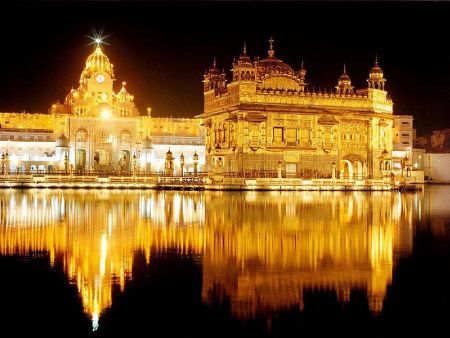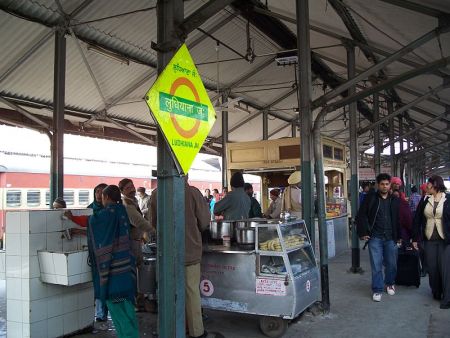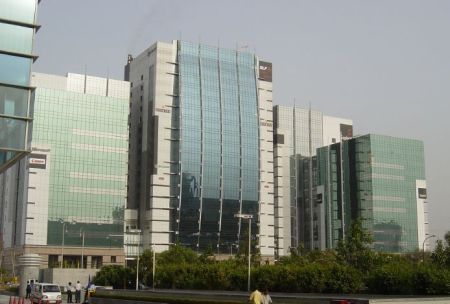 | « Back to article | Print this article |
30 Indian cities that will soon boast of solar power
India's Ministry of New and Renewable Energy proposes to develop 60 cities as solar cities.
So far, based on proposals received by the government from various sates, 'in-principle' approval has been given to 48 cities to be developed as solar cities in the country.
Out of these, 37 cities have been given the green light by the government.
The criteria set by the ministry for identification of cities includes a population between 50,000 to 50 lakh (with relaxation given to special category states, including North-East states), initiatives and regulatory measures already taken along with a high level of commitment to promote energy efficiency and renewable energy.
Let us have a look at 30 Indian cities that are planned to be developed as solar cities.
Click NEXT to read more...
30 Indian cities that will soon boast of solar power
Vijayawada
Solar power is the conversion of sunlight into electricity, either directly using photovoltaics, or indirectly using concentrated solar power.
Concentrated solar power systems use lenses or mirrors and tracking systems to focus a large area of sunlight into a small beam. Photovoltaics convert light into electric current using the photoelectric effect.
Click NEXT to see more...
30 Indian cities that will soon boast of solar power
Guwahati
Commercial concentrated solar power plants were first developed in the 1980s.
The 354 MW SEGS CSP installation is the largest solar power plant in the world, located in the Mojave Desert of California.
Click NEXT to read more...
30 Indian cities that will soon boast of solar power
Moradabad
Other large CSP plants include the Solnova Solar Power Station (150 MW) and the Andasol solar power station (150 MW), both in Spain.
The 97 MW Sarnia Photovoltaic Power Plant in Canada, is the world's largest photovoltaic plant.
Click NEXT to read more...
30 Indian cities that will soon boast of solar power
Itanagar
Concentrating Solar Power systems use lenses or mirrors and tracking systems to focus a large area of sunlight into a small beam.
The concentrated heat is then used as a heat source for a conventional power plant.
Click NEXT to read more...
30 Indian cities that will soon boast of solar power
Chandigarh
A wide range of concentrating technologies exists; the most developed are the parabolic trough, the concentrating linear fresnel reflector, the Stirling dish and the solar power tower.
Click NEXT to read more...
30 Indian cities that will soon boast of solar power
Bilaspur
Various techniques are used to track the Sun and focus light. In all of these systems a working fluid is heated by the concentrated sunlight, and is then used for power generation or energy storage.
Click NEXT to read more...
30 Indian cities that will soon boast of solar power
Raipur
The SEGS plants in California and Acciona's Nevada Solar One near Boulder City, Nevada, are representatives of this technology.
Click NEXT to read more...
30 Indian cities that will soon boast of solar power
Rajkot
Compact Linear Fresnel Reflectors are CSP-plants which use many thin mirror strips instead of parabolic mirrors to concentrate sunlight onto two tubes with working fluid.
Click NEXT to read more...
30 Indian cities that will soon boast of solar power
Gandhinagar
This has the advantage that flat mirrors can be used which are much cheaper than parabolic mirrors, and that more reflectors can be placed in the same amount of space, allowing more of the available sunlight to be used.
Click NEXT to read more...
30 Indian cities that will soon boast of solar power
Surat
Concentrating linear fresnel reflectors can be used in either large or more compact plants.
Click NEXT to read more...
30 Indian cities that will soon boast of solar power
Panji City
The Stirling solar dish combines a parabolic concentrating dish with a Stirling engine which normally drives an electric generator.
Click NEXT to read more...
30 Indian cities that will soon boast of solar power
Agra
The advantages of Stirling solar over photovoltaic cells are higher efficiency of converting sunlight into electricity and longer lifetime.
Click NEXT to read more...
30 Indian cities that will soon boast of solar power
Shimla
Parabolic dish systems give the highest efficiency among CSP technologies.
Click NEXT to read more...
30 Indian cities that will soon boast of solar power
Dehradun
The 50 kW Big Dish in Canberra, Australia is an example of this technology.
Click NEXT to read more...
30 Indian cities that will soon boast of solar power
Mysore
A solar power tower uses an array of tracking reflectors (heliostats) to concentrate light on a central receiver atop a tower.
Click NEXT to read more...
30 Indian cities that will soon boast of solar power
Hubli-Dharwad
Power towers are more cost effective, offer higher efficiency and better energy storage capability among CSP technologies.
Click NEXT to read more...
30 Indian cities that will soon boast of solar power
Nagpur
A solar cell, or photovoltaic cell, is a device that converts light into electric current using the photoelectric effect.
Click NEXT to read more...
30 Indian cities that will soon boast of solar power
Thane
The first solar cell was constructed by Charles Fritts in the 1880s.
In 1931, a German engineer, Dr Bruno Lange, developed a photo cell using silver selenide in place of copper oxide.
Click NEXT to read more...
30 Indian cities that will soon boast of solar power
Kalyan-Dombiwali
Although the prototype selenium cells converted less than one per cent of incident light into electricity, both Ernst Werner von Siemens and James Clerk Maxwell recognized the importance of this discovery.
Following the work of Russell Ohl in the 1940s, researchers Gerald Pearson, Calvin Fuller and Daryl Chapin created the silicon solar cell in 1954.
Click NEXT to read more...
30 Indian cities that will soon boast of solar power
Coimbatore
Solar cells produce direct current power, which fluctuates with the intensity of the irradiated light. This usually requires conversion to certain desired voltages or alternating current, which requires the use of the inverters.
Click NEXT to read more...
30 Indian cities that will soon boast of solar power
Gwalior
Multiple solar cells are connected inside the modules. Modules are wired together to form arrays, then tied to inverter, which produces power with the desired voltage, and frequency/phase (when its AC).
Click NEXT to read more...
30 Indian cities that will soon boast of solar power
Imphal
Many residential systems are connected to the grid wherever available, especially in the developed countries with large markets.
Click NEXT to read more...
30 Indian cities that will soon boast of solar power
Aizawl
In these grid-connected PV systems, use of energy storages are optional. In certain applications such as satellites, lighthouses, or in developing countries, batteries or additional power generators are often added as back-ups, which forms stand-alone power systems.
Click NEXT to read more...
30 Indian cities that will soon boast of solar power
Kohima
The early development of solar technologies starting in the 1860s was driven by an expectation that coal would soon become scarce.
Click NEXT to read more...
30 Indian cities that will soon boast of solar power
Bhubaneswar
However, development of solar technologies stagnated in the early 20th century in the face of the increasing availability, economy, and utility of coal and petroleum.
In 1974 it was estimated that only six private homes in all of North America were entirely heated or cooled by functional solar power systems.
Click NEXT to edit more...
30 Indian cities that will soon boast of solar power
Amritsar
The 1973 oil embargo and 1979 energy crisis caused a reorganization of energy policies around the world and brought renewed attention to developing solar technologies.
Click NEXT to read more...
30 Indian cities that will soon boast of solar power
Ludhiana
Between 1970 and 1983 photovoltaic installations grew rapidly, but falling oil prices in the early 1980s moderated the growth of PV from 1984 to 1996.
Since 1997, PV development has accelerated due to supply issues with oil and natural gas, global warming concerns, and the improving economic position of PV relative to other energy technologies.
Click NEXT to read more...
30 Indian cities that will soon boast of solar power
Jodhpur
Photovoltaic production growth has averaged 40 per cent per year since 2000 and installed capacity reached 39.8 GW at the end of 2010, of them 17.4 GW in Germany.
Click NEXT to read more...
30 Indian cities that will soon boast of solar power
Gurgaon
Solar energy can be stored at high temperatures using molten salts. Salts are an effective storage medium because they are low-cost, have a high specific heat capacity and can deliver heat at temperatures compatible with conventional power systems.
